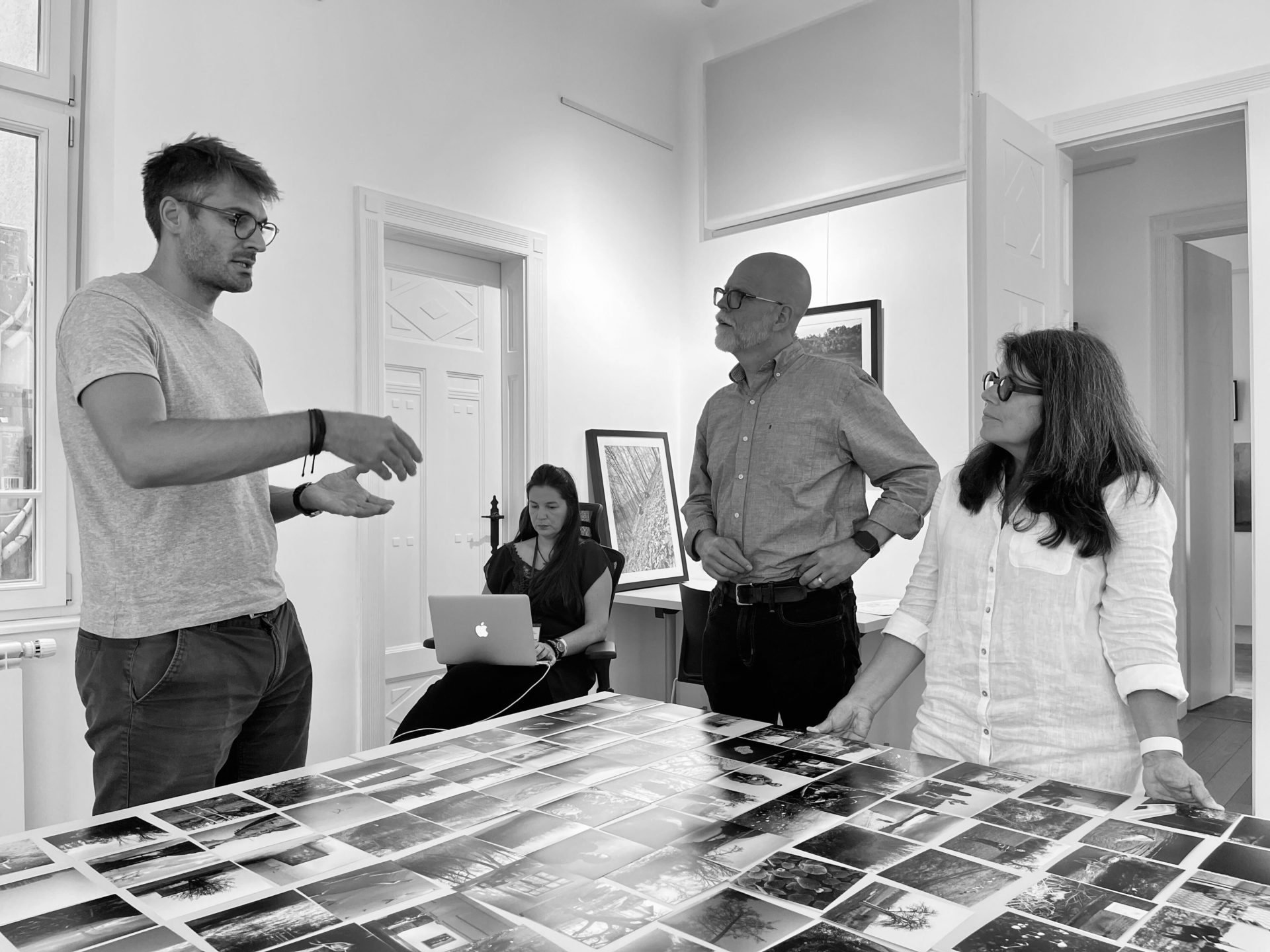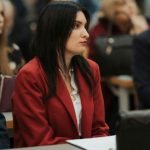
Academy’s goal is to create works dealing with complex social, economic, and human rights issues, as well as creating the media space for them. This independent non-profit organization emerged from the VII Foundation, founded by world-famous photographers Ron Haviv and Gary Knight in 2001.
“The VII Academy is working to diversify photography and journalism by funding tuition-free long-form visual media education in underrepresented countries around the world,” explains Academy VII Sarajevo.
Many young creatives have been given the opportunity to develop professionally and bring their ideas to fruition, thanks to lectures by experts in the field.
“Our work includes funding three- to nine-month-long media courses online, from Boston to Vanuatu, Mosul and Dhaka, to train a new generation of visual journalists, and funding postgraduate scholarships to train a new generation of lecturers,” they add.
The lectures are held in English, French, Spanish, Arabic, Bosnian, and Russian. They also train men and women working in very difficult conditions, such as asylum seekers in Bosnia and Herzegovina (BiH) and photographers in Myanmar.
The Academy in Sarajevo
With the support of the UN Sustainable Development Solutions Network Advisor Jennifer Stengaard Gross and her family, the Academy was founded by Gary Knight in 2018, but photographer Ziyah Gafić initiated the arrival of the Academy in Sarajevo.
“Gary and many members of the VII photo agency have a strong connection with Bosnia and Herzegovina. Two of our photographers – Ziyah Gafić and Paul Lowe – live in Sarajevo, and many of the VII Foundation founders, including Gary, Alexandra Boulat, Ron Haviv and Christopher Morris, worked in Sarajevo during the war,” Academy VII explains the strong connection between the Academy and BiH.
Photographer Gary Knight points out that each one of the programs that they run is an opportunity for young people to acquire new skills and work together to solve problems. The programs are incredibly popular and the participants always talk about just how fascinating and special the opportunity is for them. Such programs that include the arts can significantly impact positive changes in society. The secret, as Knight states, is working with the right people.
In 2019, the Academy hosted the ‘VII in Sarajevo: Festival of the Image’. The festival program included a look at the state of the media in the Balkans, talks with photographers from the VII photo agency, and the Her Take: (Re)Thinking Masculinity exhibition that showcased the work of seven of the agency photographers. The next festival is on hold until 2022 due to the ongoing pandemic situation.
The festival and events like it motivate young people to further their training in the field of photojournalism.
“Large public events like these are very useful for students to network and, from our perspective, it is an effective way to simultaneously transfer a large amount of knowledge to a large number of people. I see them as active citizens who, by asking important questions, try to cross artificial divisions by working together to create a better, fairer, more open and more transparent society – a society they deserve and which rejects the weight of inherited history,” continues Knight, who describes all the young people he works with as very impressive, smart, engaged and active.

Cooperation with the Post-Conflict Research Center
Through youth project programs, Balkan Diskurs Journalism, and the Srebrenica Youth school, the VII Academy has achieved very successful cooperation with the Post-Conflict Research Center (PCRC). One of the lecturers of the VII Academy, Dr. Paul Lowe, has led training sessions in photo – journalism, visual literacy and portrait photography, in Sarajevo in 2019 and Vitez in 2021.
Participants learned how to use portrait photography to tell intimate stories about each other and about the people they would interview. I also led a workshop on photography and the Holocaust at the Srebrenica Youth School in 2021. The trainees in 2019 also participated in the BOLD project and, with the help of some donations, brought several projects to fruition,” says Dr. Lowe.
During the Srebrenica Youth School, PCRC awarded Dr. Lowe the Ordinary Heroes Prize for Moral Courage for his work on the fight for human rights in the region. Knight is also passionate about the fact that photography and visual literacy are important in building up young people’s critical thinking, and he adds that the use of visual media is part of the process of social control, but also of transparency.
Challenges and the Future
In an unstable society, such as BiH, young people have a harder time encountering non-formal education.
“From an outsider’s perspective, BiH seems to be plagued by poor political leadership, corruption, kleptocracy, nepotism, lack of justice, lack of transparency, poor accountability, a large diaspora and very limited opportunities for significant employment. Foreign remittances amount to between 11% and 14% of GDP, which is one of the largest in the world, and the education system is neglected and underfunded, making it one of the weakest in the region. This is a very challenging environment for young people and their future,” says Knight.
Even during the coronavirus pandemic, however, the VII Academy, with the help of the VII Foundation, were able to offer online education and advanced professional development to anyone with an internet connection, through ‘VII Insider’.
So far, they have taught a significant number of young people in the country and, as Zulić points out, built strong relationships with local institutions. For example, they worked with IOM on a project to help migrants, and with the U.S. Embassy on their BOLD project. In April next year, the National Museum will also host an exhibition dealing with post-conflict societies, in collaboration with the Academy.
A journalism training program for young people, organized by PCRC and Kuma International, is also on the agenda, as well as numerous other programs. All that is left is for the young people of BiH to join in and become part of this creative atmosphere.






